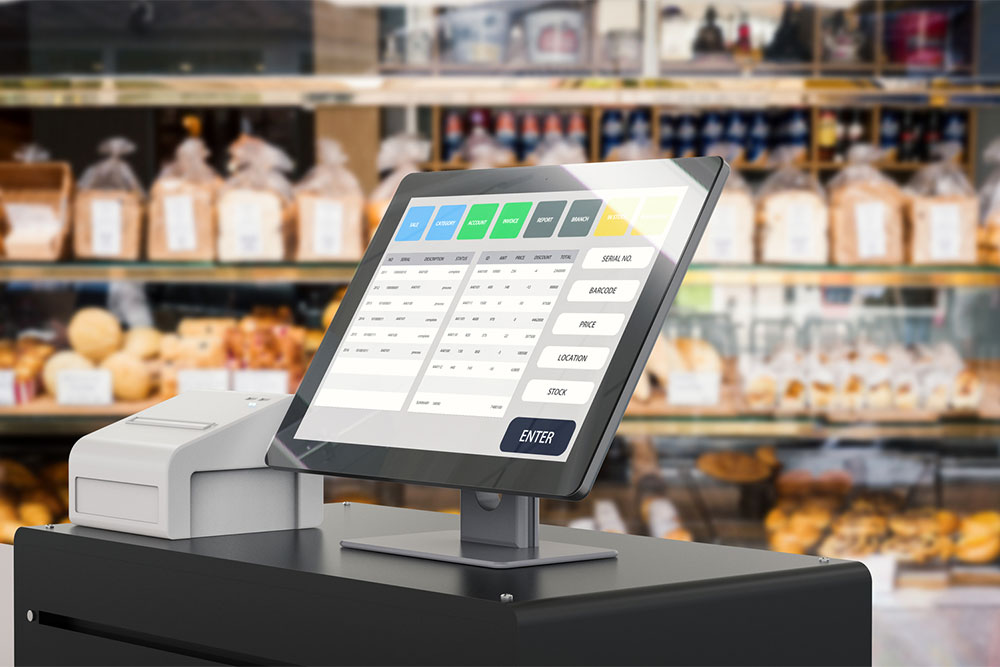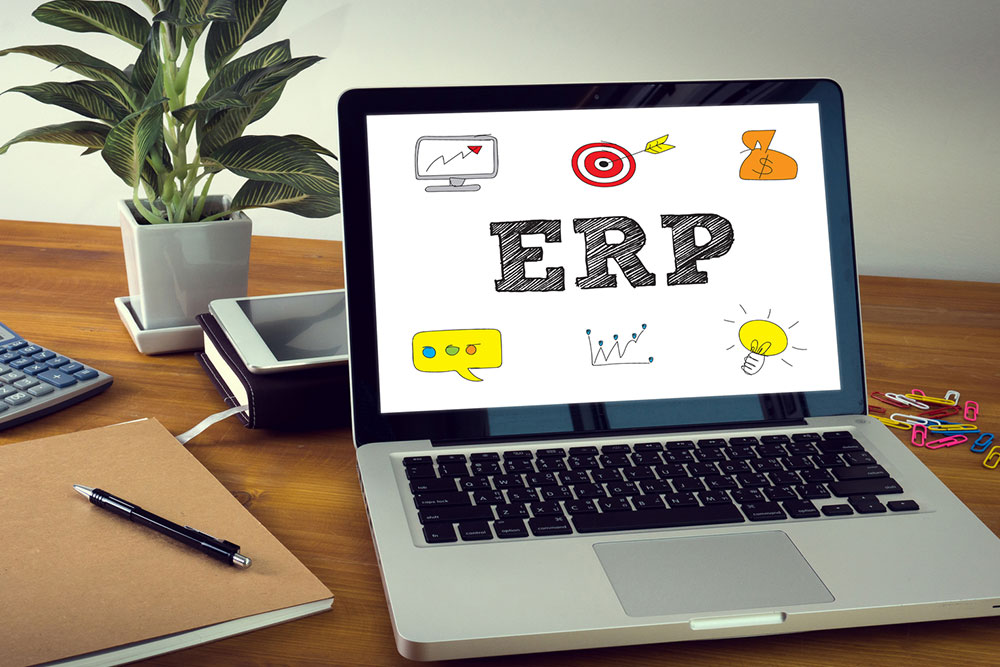
7 tips for choosing a registered agent for an LLC
Limited liability companies (LLCs) are a blend of corporations and sole proprietorships that protect their owners’ assets from lawsuits pertaining to their business debts or any losses incurred. If this is a structure one is considering, they need to get a registered agent on board. Registered agents can be individuals, groups, or companies that represent LLCs and handle their paperwork and other processes. So, it is crucial for LLCs to choose reliable and proficient agents. 1. Check for expertise A registered agent should have considerable expertise with LLCs and in-depth knowledge of their business processes and compliance rules. It’s good to hire a registered agent who has some hands-on experience in working with LLCs. Also, the professionals should be ready to fulfill the company’s requirements whenever required so that legal documents are delivered on time. 2. Avoid focusing solely on fees It may be tempting to go for a registered agent who charges less than the others, but that shouldn’t be the only criterion. Although expertise is of paramount importance, the best bet is to compare the fees of different registered agents and companies and shortlist the one that best balances both these aspects. 3. Consider digital and software skills Today, being a registered agent involves more than handling physical paperwork, they also need to perform other tasks like sending electronic notifications to clients and delivering documents via email.
Read More 




